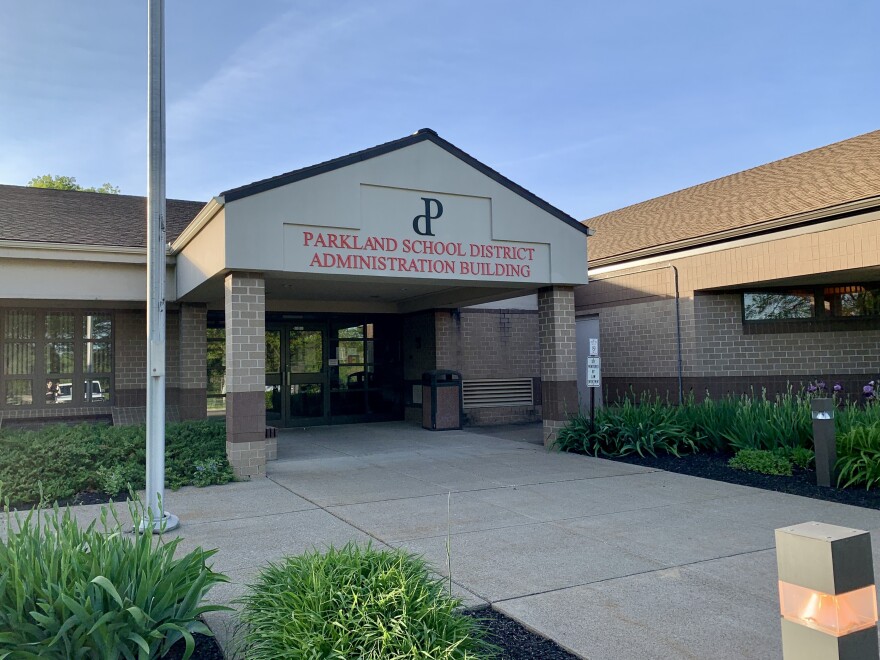BETHLEHEM, Pa. -- Paraprofessionals can become special education teachers for free under a new $1.5 million grant program offered by the Pennsylvania Department of Education.
Research made public in April showed the number of people obtaining initial teacher certification in Pennsylvania has continued to decline. The state issued just 4,220 teaching certificates during 2021-22, according to Penn State University associate professor Ed Fuller.
State Rep. Mike Schlossberg, D-Lehigh, tweeted at the time that Pennsylvania has seen a 66% decrease in college graduates entering the teaching profession.
- Pennsylvania Department of Education is offering grants for paraprofessionals to become special education teachers
- It's free and they can complete the courses while continuing to work
- The state is working to address lack of special education teachers
Intermediate units that partner with at least one community college and at least one school district may apply for the grant. Approved private, career technical, charter and cyber charter schools can also apply instead of a school district, as can schools for the deaf and blind. Intermediate units are coordinating agencies that provide services to schools within different regions across the state.
Sandi Gackenbach, president of the Parkland Education Association, said she supports the Education Department initiative.
“In a time when we’re having teacher shortages, any way to take our paraeducators and get them on the path to having us grow our own teachers in the classroom is absolutely fabulous,” she said.
“I have a few friends in mind who came out of high school and went right into careers and then decided that working with children was a passion, but it was too costly at that point to go back to college once they’ve got a family. Now this gives them access and a pathway to career goals.”Parkland Education Association President Sandi Gackenbach
Schlossberg has introduced legislation addressing teacher shortages, which would create a “Grow Our Own Educators” program. If approved, the measure would provide grants to help cultivate educators to teach in rural communities and high-need areas of the state, but it has languished in the state Senate Education Committee.
Children are being identified more often as special education students than in the past 20 or more years, Gackenbach said, creating a demand for more teachers with those specialized skills.
Moving from a paraprofessional to a certified teacher can also increase a starting salary from a $30,000 per year range to a $50,000 range, she said, adding that she knows staff members at Parkland who may want to take advantage of this opportunity.
“I have a few friends in mind who came out of high school and went right into careers and then decided that working with children was a passion, but it was too costly at that point to go back to college once they’ve got a family,” she said. “Now this gives them access and a pathway to career goals.”
Under the plan, a paraprofessional can continue to work at their school while going through the program, according to a news release from the Education Department. The goal of the grants would be to create or expand special education career pathways for paraprofessionals.
“One of the most efficient ways we can create a robust pipeline of high-quality educators is by allowing paraprofessionals to earn credentials while they’re already working in the classroom,” Acting Education Secretary Khalid N. Mumin said in the news release. “These individuals serve their students and their communities every day and have the skills, passion, and purpose to transition seamlessly from paraprofessional to educator.”
The IU and community college must be able to ensure the participants can take classes for free and finish all of their academic requirements for certifications within two years, whether through in-person or virtual instruction.
Applications must be submitted by 11:59 PM on August 11th. Intermediate units may request up to $50,000, and the funding for each successful grant application will be available until December 2025.


